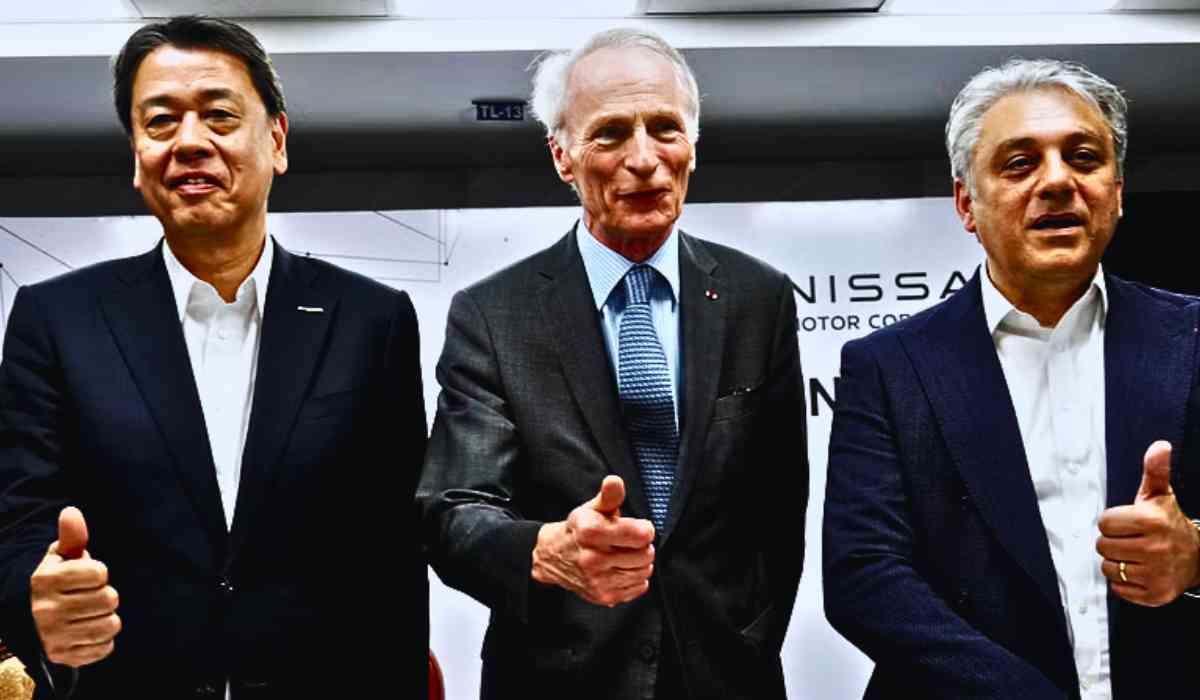Renault, the French automobile giant, has made a significant move by acquiring Nissan's 51% stake in their Indian joint venture, Renault Nissan Automotive India Private Ltd (RNAIPL). This acquisition gives Renault full ownership of the Chennai-based manufacturing unit, which has been a key production hub for both Renault and Nissan vehicles. The deal marks a major milestone in Renault's strategy to strengthen its global presence and expand its footprint in India, particularly in the electric vehicle (EV) segment.

What Does This Deal Mean?
Renault's acquisition of RNAIPL is more than just a business transaction. It signifies the company's commitment to India as a key market for its future growth. While financial details of the deal have not been disclosed, the agreement includes provisions for continued collaboration between Renault and Nissan. Despite selling its stake in RNAIPL, Nissan will continue to source vehicles from the facility for both domestic sales and exports.
Additionally, both companies will maintain their partnership at the Renault Nissan Technology & Business Center India (RNTBCI). Renault will hold a 51% stake in RNTBCI, while Nissan retains 49%. This center will remain crucial for research, development, and other knowledge services.
Why Is This Important for Renault?
India is one of the fastest-growing automobile markets in the world, and Renault sees this acquisition as an opportunity to tap into its potential. With full control over RNAIPL, Renault can now implement its strategies more effectively without needing joint approvals. This autonomy is expected to help the company accelerate its plans for launching new models tailored to Indian consumers.

Renault also plans to leverage this acquisition to bolster its EV portfolio. Through its EV-focused brand Ampere, Renault aims to develop and produce an A-segment electric vehicle based on the Twingo model by 2026. This move aligns with India's push for sustainable mobility solutions and could position Renault as a leader in the country's emerging EV market.
What About Nissan?
Although Nissan has exited RNAIPL as a stakeholder, it remains committed to India. The company will continue using RNAIPL for vehicle production and exports. It also plans to focus on introducing new SUVs and expanding its market coverage under its "One Car, One World" strategy.

Nissan's incoming CEO Ivan Espinosa emphasized that India will remain a hub for research and development, digital services, and other critical operations. The company aims to cater to local consumer needs while maintaining high standards of sales and service.
Future Prospects
The deal is expected to be finalized by mid-2025, subject to regulatory approvals. Once completed, RNAIPL will be fully consolidated into Renault's financial statements. The company anticipates a free cash flow impact of approximately €200 million in 2025 due to planned investments and new vehicle launches.

For consumers, this partnership evolution could mean more innovative vehicles tailored to Indian needs. Renault's focus on EVs could also accelerate India's transition to greener transportation options.
Conclusion
Renault's acquisition of Nissan's stake in their Indian joint venture is a strategic move that underscores its commitment to growth in India. By gaining full control over RNAIPL, Renault is poised to expand its product offerings, strengthen its presence in international markets, and lead the charge in India's EV revolution. Meanwhile, Nissan's continued collaboration ensures that both companies can benefit from shared expertise while pursuing their individual goals. This development sets the stage for exciting changes in India's automobile industry.
With inputs from agencies
Image Source: Multiple agencies
© Copyright 2025. All Rights Reserved Powered by Vygr Media.
























